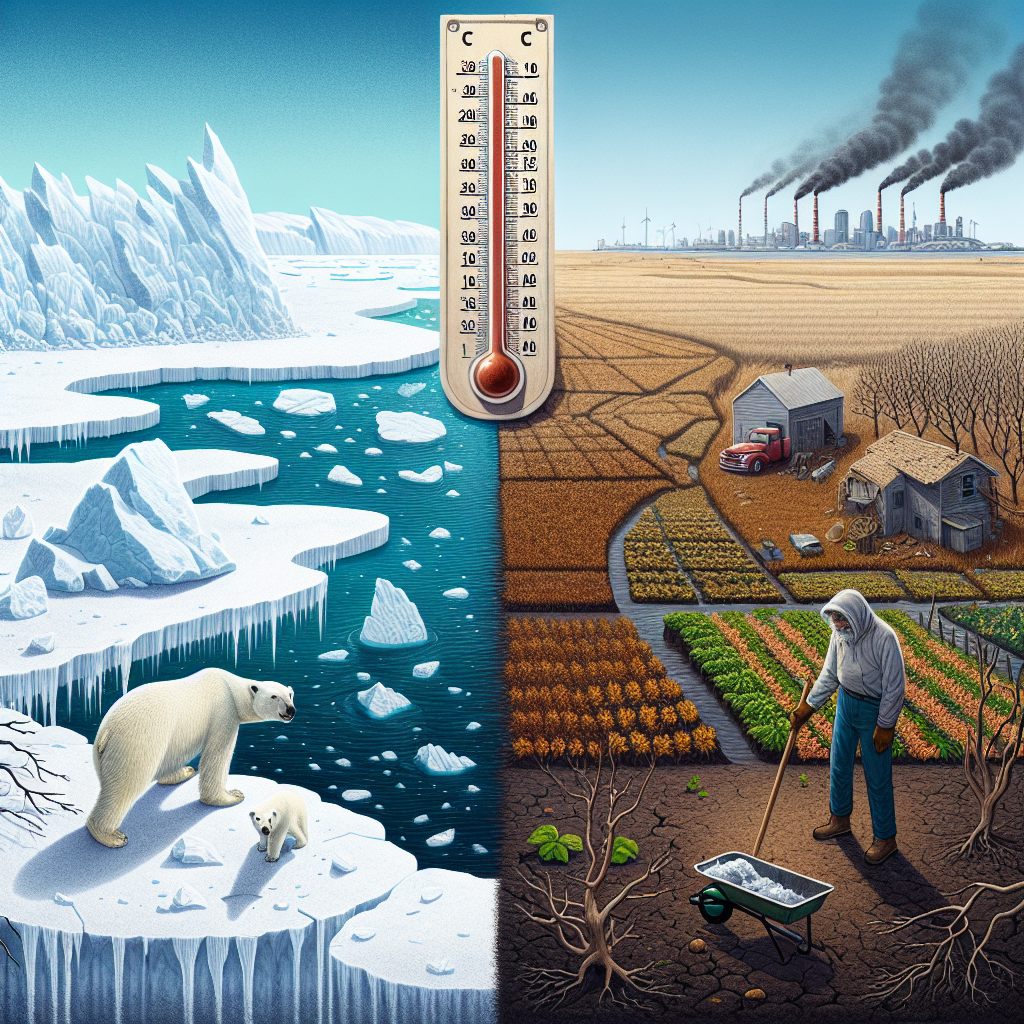Dec 05, 2024 — by
David Sommerstein (News Director) Dec 05, 2024 — The Arctic, and the indigenous communities that live there, are considered the front lines of climate change.”We’re seeing climate change happen more readily there,” said Jon Rosales, a professor of environmental studies at St. Lawrence University in Canton. “It’s more obvious, it’s more disruptive, and we can learn from those front lines.”Rosales has studied two indigenous villages, Shaktoolik and Savoonga, in the Bering Strait region of Alaska since 2009. He’s publishing a paper in the Adirondack Journal of Environmental Studies about what lessons the North Country can learn from their experiences.Jon Rosales on what the North Country can learn about confronting climate from the ArcticHe told David Sommerstein people in these villages have documented 85 changes to their climate, from a changing coastline to melting sea ice to shifts in wind. Their conversation has been lightly edited for clarity.JON ROSALES: They have really intimate knowledge about those changes because they have to observe it for hunting and gathering and herding and fishing, so you either get it right with those observations and you eat, or you don’t. So the stakes are pretty high for them as observers of climatic change.DAVID SOMMERSTEIN: There’s one thing in your paper that really drew my attention: a village elder who said that he feels “like a child helpless to help others interpret their environment and to be able to give advice” because the climate is changing so fast that there’s not that sort of institutional knowledge to rely on.ROSALES: That’s right. Changes are so profound that he doesn’t know how to give advice to younger hunters anymore, or people going out looking for berries, or picking tundra greens. Some of the changes are just outstripping his traditional knowledge that his forefathers taught him.SOMMERSTEIN: That’s a good transition to what we learn about the North country and its climactic changes. Obviously, they’re different from what’s going on in the Arctic, but in your paper what you argue is that what could be similar or what is a lesson learned is that there’s a lot of emotional changes, cultural changes, and changes in bodies of knowledge, changes that will accompany these actual biological climactic changes.ROSALES: Yeah, that’s right. There’s a term that scholars are now using called solastalgia, which is literally standing in an unknown environment. It’s that unsettling feeling when you’re out in a flooded area, like we had [in Canton] this summer, looking down your street as a river as opposed to a street. That’s solastalgia. You don’t know exactly what to make of it. So up there, they’re feeling that, especially when, you can imagine, some of the hunters standing on the coast looking for the whales or walrus or seals, but there’s no sea ice to be seen.So it’s profound change, it’s really different, deep change that I don’t quite think t

